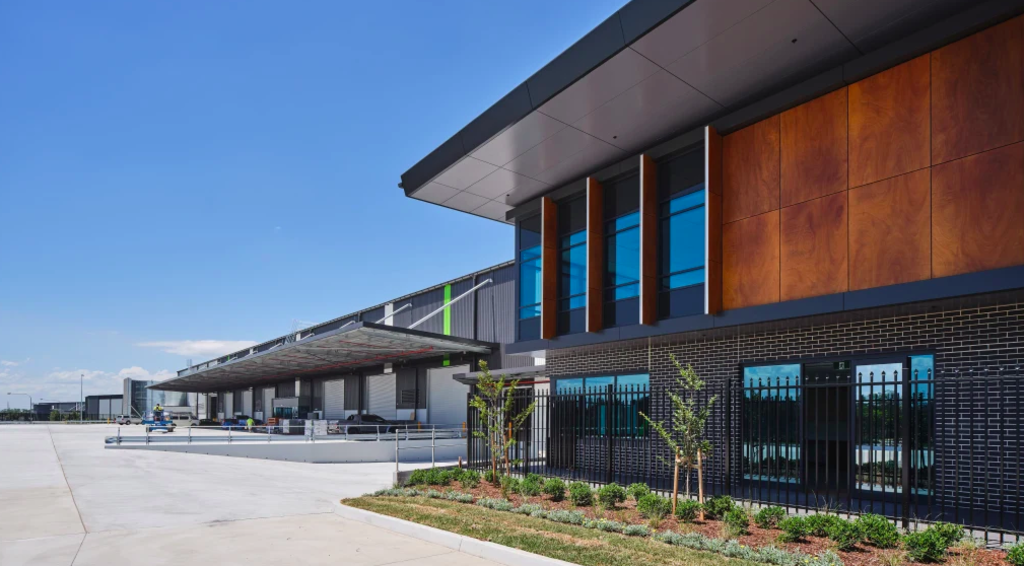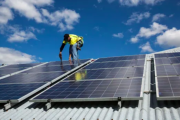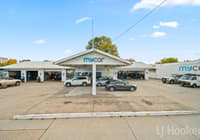
Industrial property leads the charge in growth rates
Industrial property vacancy rates are heading to record low levels as companies scramble for storage, distribution centres and smaller city-fringe warehouses to satisfy the significant rise on e-commerce.
With people working from home, online shopping for supermarket items, fashion and household goods has trebled since March and is continuing to rise in Melbourne with stage 4 lockdown restrictions.
In the inaugural CBRE industrial property vacancy report, the average supply rate in Sydney stands at 1.8 per cent. On a suburban basis, the report shows the central west is 3.4 per cent, while the southern zone is 2.6 per cent.
On Melbourne, the CBRE data shows vacancy rates at 3 per cent, with the west at 2.6 per cent and north closer to 4.3 per cent but that includes the vacant Ford and Woolworth sites.
Major brands are underpinning this rise in leasing activity with JB Hi-FI and General Pants Co recently taking space in Melbourne, while Amazon has plans to build a 200,000 square metre fulfilment centre at a Sydney site owned by Goodman.
Knight Frank associate director research & consultancy Katy Dean said with increased focus on distribution and last-mile logistics, the demand for online fulfilment space hasrisen in Sydney and Melbourne.
“These deals elevated total leasing volumes in Sydney for the year to July 2020 to about 700,000 sq m, equal to 60 per cent of 2019’s total volumes,” Ms Dean said.
Knight Frank research shows total leasing sales volume for Melbourne, which includes precommitment deals, in the first half of calendar 2020 was 832,573 sq m. This figure was up on the 758,534 sq m recorded for the corresponding period in 2019.
Gavin Bishop, head of industrial capital markets at Colliers International, said the re-weighting to logistics and warehouse by the listed Australian real estate investment trust (AREIT) has also seen investment in the sector remaining significant at or during the COVID-19 period.
“Multiple AREITs are re-weighting their portfolios to the industrial sector, including Charter Hall, Dexus and Stockland. Given this, our view is that there will be continued pressure on capitalisation rates within the prime market, particularly as the spread to the bond and cash rates are well above historical levels,” Mr Bishop said.
Ms Dean added that during 2018-19, developers struggled to keep pace with demand from logistics and e-commerce occupiers and this was reflected in the short take-up periods on new speculativedevelopment over the same period.
“Institutional owners have grown increasingly confident about the long-term outlook of the sector,particularly in Sydney and Melbourne, where an upswing in the volume of new industrial development projects have been reported,” she said.











